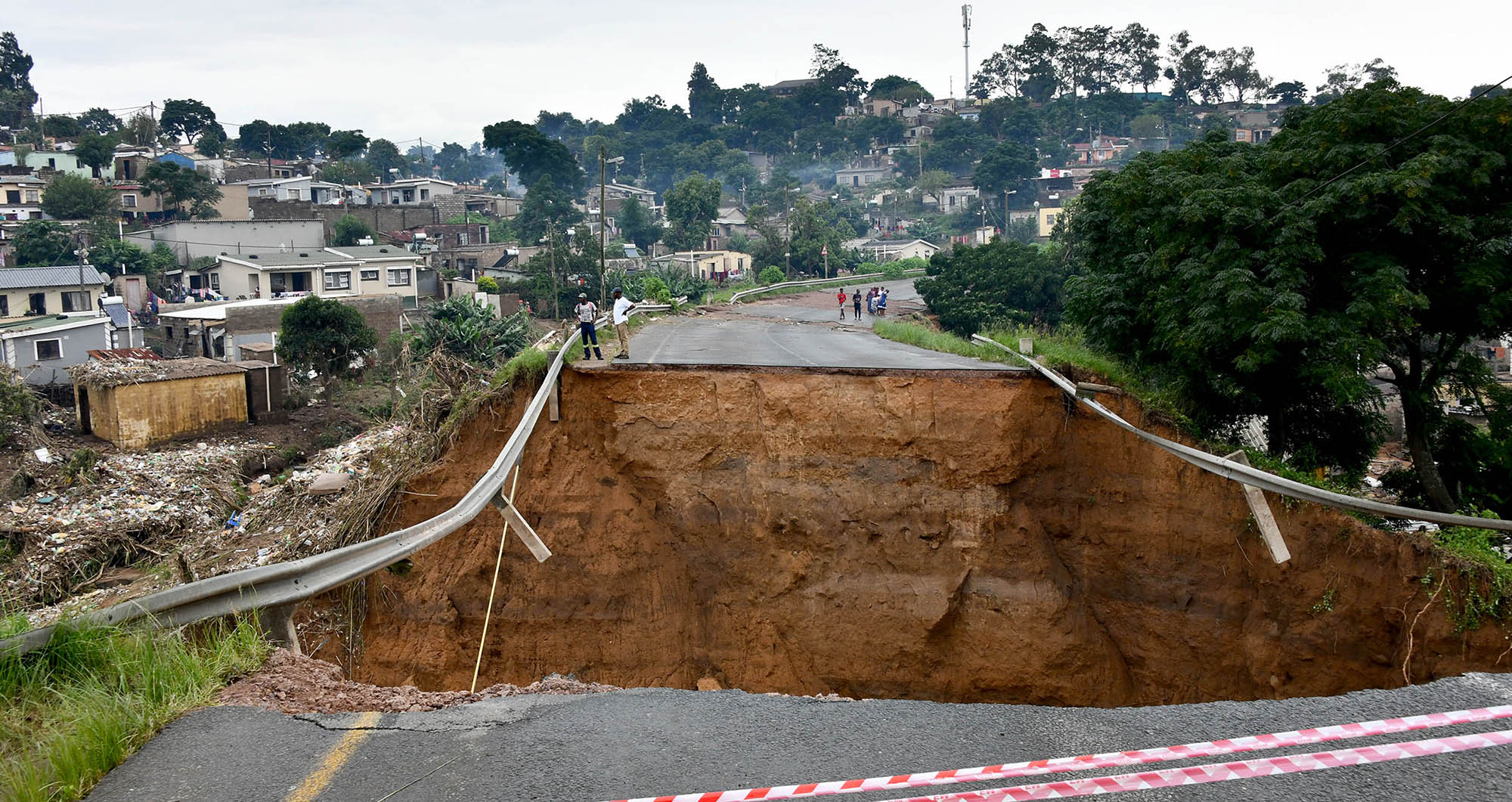I think I can count on one hand the number of things for which I’m prepared to pay more than I absolutely have to.
A friend once told me he realised the key to adulting was accepting that you are always going to pay about 10% more for something than you wanted to, and you were only ever going to be 90% satisfied.
I do think insurance is slightly different. From time to time, whether it’s travel or home insurance, I’m prepared to pay just a little more than absolutely necessary.
And that’s really because of the comfort it brings. I don’t believe I’m going to have to claim on insurance. But I don’t want to miss out on something that could make me whole again just because I scrimped on a few rands.
You do get to a point in life where you will do anything to sleep properly.
I was thinking about that as I was looking through Santam’s results yesterday. No matter how you look at them, they’re fantastic. And while part of it is good management and careful planning, there is one other big factor.
As Santam said in its SENS statement, this was partly due to an “absence of weather-related catastrophes”.
For the insurer this is a wonderful change from the past few years. In 2023, it absorbed the impact of the 2022 KwaZulu-Natal floods (probably the worst flooding on record) and before that it was the July 2021 riots in KZN and Gauteng.
Read more: KZN floods wash out Santam’s underwriting margins
Now, if someone looks you in the eye and claims, with a straight face, that there is nothing to worry about from climate change, you might want to ask if they are in fact Malusi Gigaba.
As with all things climate change, in the end economics will trump ideology. You might love oil rigs, but solar panels are cheaper. You might fervently believe that the storms of 2022 were a one-off, but the global insurance industry does not.
Earlier today, in the US, Nasdaq-listed data analytics firm Verisk released the 2025 Global Modeled Catastrophe Losses Report, saying the industry “stands at an inflection point where unprecedented natural catastrophe losses averaging $132-billion over the past five years (compared with $104-billion in the preceding period) are no longer statistical outliers but the new reality”.
One of the major problems, of course, is where we build.
During the KZN flooding there was plenty of damage to homes built in quite vulnerable positions. It’s wonderful to live on the beach, to be able to fall asleep to the sound of the waves and awake to the caw and shriek of the gulls. But in some places that just means your property is in a very dangerous position.
This is why Santam is trying to geocode all the properties it insures, to quantify the risk of where you live.
Read more: Santam turns to AI to help mitigate natural disaster risk
While we may have coastal problems in KZN, they are nothing compared with what is happening in the US. There, the fact that some government agencies provide insurance means that the kind of economic mechanism that might prevent you from building in dangerous areas doesn’t work.
Florida has a particular issue, because so many people have been moving there over the past 20 years.
And I don’t know if you know this about American weather, but Dorothy, it can be so intense you might just wake up and find out you’re not in Kansas anymore. It really is that hectic. And that means that some parts of the US are going to be uninsurable.
We have many problems, and drought might well be our biggest over the longer term. But we don’t have anything like that.
As Santam’s chief financial officer, Wikus Olivier, said on The Money Show last night, they have not said yet that they will not provide insurance for any council or metro anywhere in the country. And I don’t think they’re close to doing that kind of thing.
But this kind of catastrophe also means insurance companies are going to be pretty good at finding other people to blame.
It’s taken a while, but the insurers for Toyota’s head office are now suing the KZN government, saying it was guilty of neglect that cost them billions.
Their case appears to be that officials did not properly maintain facilities that would have protected the Toyota facilities from massive damage in 2022.
In a strange way I love this case, because it might finally make local officials do something. So many councils have “disaster management plans”, but I’m not convinced they follow them.
It is now the second day of spring and you and I know that in about two weeks in Joburg it will be hot and Rand Water will start telling people to stop using water (despite the fact that the Vaal and Sterkfontein dams are full).
Then, in about the first week of October, it will rain. And there will be localised flooding.
Except I have yet to see a council official clearing out stormwater drains. And I bet I won’t see one either.
So, I’m sure an insurance company will one day ask to see the records of when stormwater drains were cleared before the summer rains.
Climate change is going to be expensive for all of us. There can be no doubt about it. The only question really is whether we are prepared to pay for it.
And if you want to sleep at night, you might need to start paying now. DM





 Flood-stricken parts of KwaZulu-Natal in the aftermath of heavy rains, 13 April 2022. (Photo: Flickr / GCIS)
Flood-stricken parts of KwaZulu-Natal in the aftermath of heavy rains, 13 April 2022. (Photo: Flickr / GCIS)